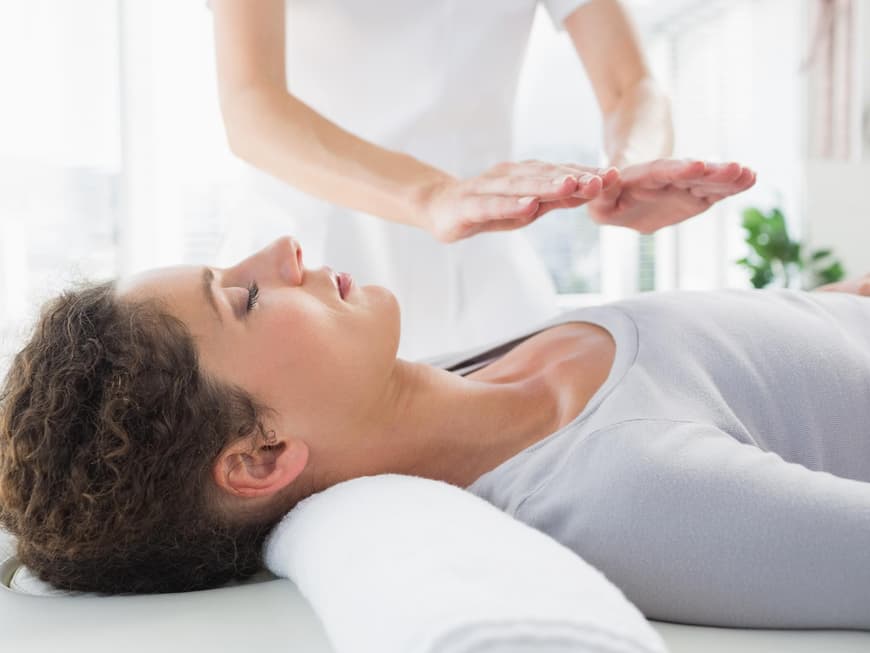
Rei stands for universal, Ki for life energy. Reiki treatments therefore activate your self-healing powers. The special thing about this method: "The practitioner bundles and directs the life energy by laying on hands, guiding it to the patient," explains Reiki therapist Frank Zacharias from Hamburg. "The patient feels warmth and relaxation, and the body's self-healing process is stimulated."
In short, the person finds their inner center again, the unity of mind, soul and body is restored. This works, for example, for psychosomatic complaints such as stress and inner restlessness. The good news is that common complaints such as sprains and tension, back pain and lumbago can also be harmonized with Reiki treatments.
"This allows the patient to develop a healthy self-perception and gain new strength," says the therapist. In principle, Reiki works for any illness. "However, this does not mean that conventional medical treatment should be avoided," says Zacharias. "However, the pain-relieving effect can be used as a supplement."
Finding your way back to yourself
Reiki treatments have also proven effective for patients with post-traumatic stress disorder, such as soldiers or firefighters. The therapist: "They find their way back to themselves and their true feelings."
Even the chronic intestinal condition Crohn's disease as well as rheumatic and autoimmune diseases can be alleviated with Reiki (in the latter case, the body's own immune system attacks its own tissue). The reason: "Inflammatory diseases are often caused by mental stress," says the expert
Reiki releases these mental blockages.
However, scientific proof of the effectiveness of Reiki applications based on studies is still lacking. And not everyone responds to Reiki. However, it is worth a try for all those who are open to alternative healing methods.






